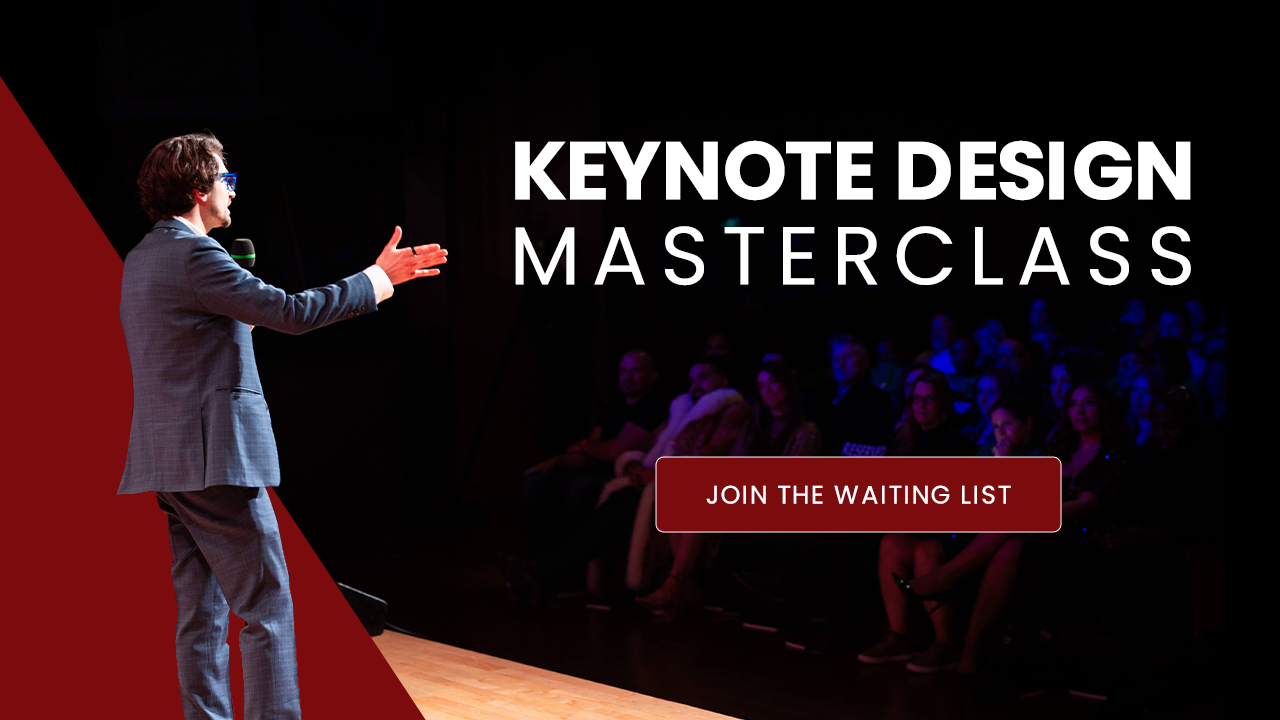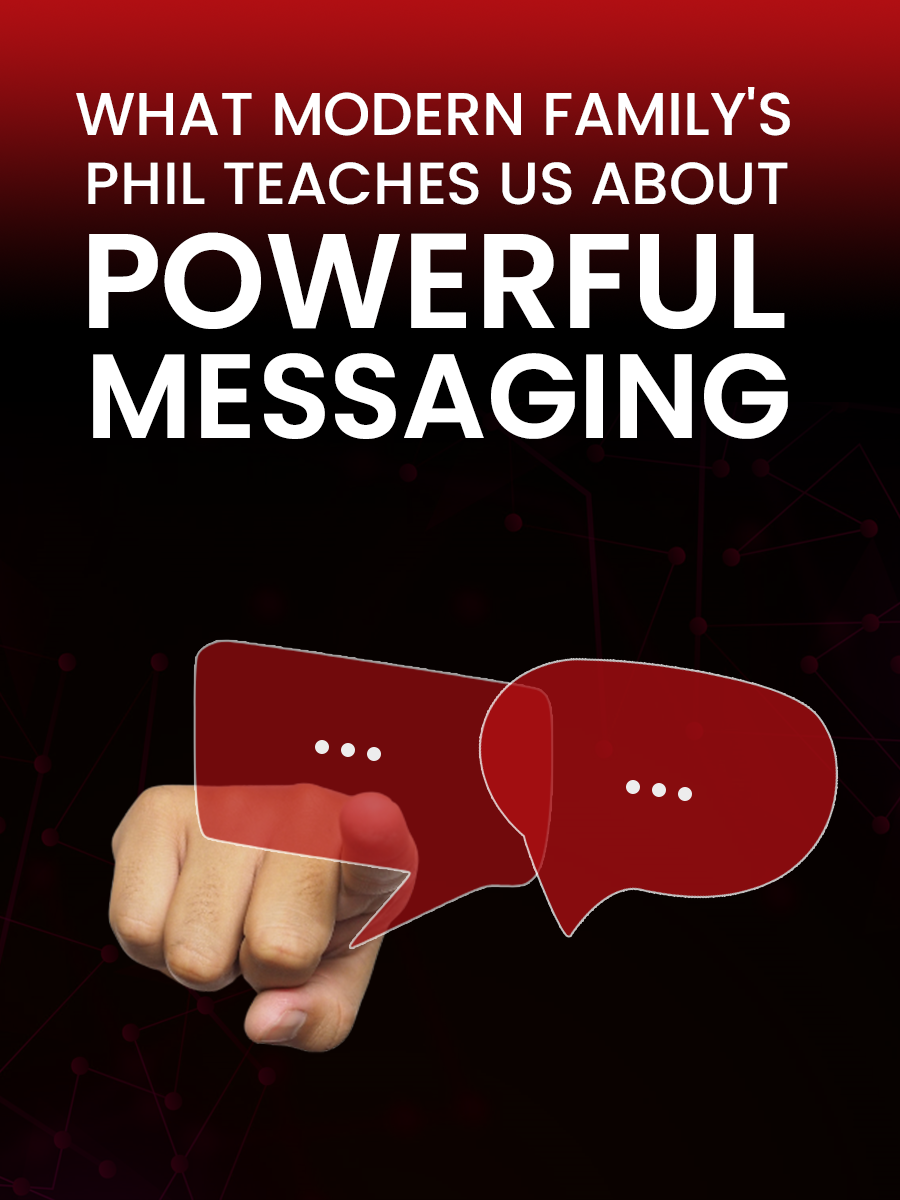How to win a speaking competition: Insights from the judging table
Description: Discover key techniques for successful speaking: Learn how to create clear, engaging messages, provide actionable takeaways, and develop a unique hook. This article offers insights from Speaker Slam, demonstrating how to enhance presentations for TED-style and professional events, ensuring they resonate powerfully with audiences.
Even veteran speakers are nervous
On a cold November night in Toronto, 14 anxious contestants took the stage and, one by one, told their story in 5 minutes or less. Each was hoping to make an impact on the audience by winning their hearts and minds, and by extension, the judges.
It was the third time I've been invited to judge Speaker Slam's international speaking competition, and the second time I've judged the Grand Slam.
The Grand Slam is a big deal
Each year builds to the Grand Slam, where the best speakers from each competition compete for the title Inspirational Speaker of the Year.
They win bragging rights, of course, but also a prize package donated by the judges that this year was worth nearly $50,000.
It included branding packages, evaluation by a speaker agency, an invitation to speak at the prestigious Archangel Summit, and our Road to the Red Dot VIP program to get them booked at a TED-style conference.
What I’m looking for as a judge
There were 8 judges this year, each bringing a unique perspective. I tend to judge through the lens of TED-style talks and what would actually get someone booked, rebooked, and referred in the world of professional speaking.
Accordingly there were a handful of recurring areas for improvement across (nearly) all speakers. In this article we'll explore 3 of them that might also exist in your own presentations.
1. Message Clarity
It should be no surprise that I judge speakers more critically on message clarity than nearly anything else. And, like both previous times I judged, it was weak across the board.
To give speakers the benefit of the doubt, that's partly because there is no judging category explicitly for "message clarity." And of course, speakers are more inclined to develop speeches that hit the categories they know they'll be judged on (like storytelling).
But in the real world of speaking, you are always, ALWAYS judged on message clarity.
Because if I can't understand what the talk is really about, and how it's relevant to me, I'm going to stop listening.
Message clarity answers the question: "What's in it for me?"
From your first words to the final sentence, the audience should always know what the talk is about and what they should expect to get out of it.
Nearly every speaker told moving stories and made interesting points. And every single speaker hit the event theme - "joy" - very clearly.
But 'joy' is a topic, not a message. What do you want me to know about joy that I can use in my life?
Rarely was I clear what I was supposed to get out of it, as an audience member.
Lack of clarity will kill your talk
If the home viewer of a TED-style talk on YouTube can't tell what it's really about and what's in it for them, they'll simply click on a different video.
And if you’re a professional speaker, lack of clarity will definitely result in low audience feedback scores at professional conferences and speaking engagements.
Instead of working from story down, consider building from clarity up. Build your presentation up from the question: What do I want my audience to know, believe, or rethink as a result of my talk?
True message clarity is the ability to distill your entire presentation into one sentence, which is something like "To ACTION so that IMPACT."
Nail your core message, then build the entire presentation around it.
Example from the Grand Slam
Claudia Chan: You get to choose your joy
Claudia Chan's core message was very straightforward: You get to choose your joy.
She repeated it a handful of times, making it easy to remember and very clear what we were supposed to get out of it.
Martin Léspeance: Find your joy by serving others.
Our 1st place winner Martin Léspeance managed to deliver a clear and compelling message in the midst of a wild, deliberately out-of-control energetic (and hilarious) presentation.
His core message: Find your joy by serving others.
2. Actionable Takeaway
I've given over 200 paid speaking engagements in the past 3 years alone. These range from $4500 virtual presentations to $15,000 in-person keynotes and workshops.
No matter what the conference theme, the venue, the industry or market, online or onsite, every single client tells me they want one thing: an actionable takeaway.
Actionable takeaways answer the question, "What should I do now?"
What do you want someone to actually do after hearing your presentation?
Give people an exercise or a specific action that they can do immediately, ideally that day or within the next few days, to get an immediate positive result.
This will do two things for you.
First, your audience will discover that your presentation was genuinely valuable and not merely interesting or entertaining, and become much more likely to look you up, buy your book, subscribe to your newsletter, etc.
Second, the buyer/client will be able to witness proof that your presentation was valuable and make you stand out among all the other speakers and presenters.
The real world of professional speaking is about creating change. And for all the attention storytelling gets these days, stories don't actually move people to action by themselves. You still have to give the audience something specific (and simple) to do next.
Example from the Grand Slam
Lauren Pires: Find your daily yay
Lauren Pires, our 2nd place winner, had one of the only true actionable takeaways of the night. She told us to each find our "daily yay." It was charming, specific, simple, and also served as her shtick.
3. Shtick (an identifiable hook)
When I was a magician my grandmother used to tell me, "You need a shtick."
She was thinking back on the old days of vaudevillian entertainment, when each performer had a clear thing they were known for, and immediately recognizable for.
To this day the most successful entertainers and, yes, speakers, have something they are 'known for.'
A shtick answer the question: "Why should I talk about you?"
Groucho Marx was famous for his stooped walk, greasepaint mustache, lascivious eyebrow raising, and cigar. Adam Sandler was, in his early career, known for playing simple songs on his guitar while singing in a whiny voice.
Brené Brown is famous for combining vulnerable storytelling with data-backed research on soft skills. Gary Vaynerchuck is famous for cursing and "telling it like it is" while being empathic and kind.
In the world of professionals speakers today you don't need to be famous among the general public to benefit from a shtick. Nearly every successful paid speaker I know has a specific thing they are known for among conference organizers.
I look at human connection through the perspective and lessons from a career in magic. It's easy for people to talk about me.
Examples from the Grand Slam
A handful of speakers did a great job crafting a "shtick" and it's no surprise that I can't remember most of the speeches from those who didn't - which means as an attendee or a client, I would never be able to talk about you.
Lindsy Matthews: The Cool Mom
3rd place winner Lindsy Matthews is a cancer mom, yes - but that's not a hook. It's just a fact of her life. Lindsy's actual hook was her playful persona of "the cool mom," and she delivered that persona with just the right amount of self-deprecation.
Roberto Paez: The Present Future
Roberto Paez gave his entire presentation from the perspective of his future self, but set in present tense - one of the coolest hooks of the night.
Anu Tähemaa: The Conducter
Anu Tähemaa conducted the audience like an orchestra as we sang a song in Estonian without even knowing the language.
How to craft a world class presentation
In the world of speaking, whether it’s the bright lights of a Speaker Slam competition, a TED-style conference, or a paid professional event, the principles of effective communication remain constant.
As we've seen from the participants at Speaker Slam, the essence of a memorable and impactful presentation lies in its ability to deliver a clear message, provide actionable takeaways, and present a unique hook or shtick.
Clarity is your cornerstone. A presentation, no matter how emotionally charged or eloquently delivered, falls flat without a clear, compelling message that resonates with the audience.
Equally important is the actionable takeaway. Your audience should leave not just inspired, but equipped with practical steps they can implement in their lives.
And finally, your shtick – that unique element that makes you memorable. In a sea of voices and stories, what makes you stand out?
As speakers and leaders, our ultimate goal is to not just be heard, but to drive action and foster change. By focusing on these three critical components – message clarity, actionable takeaways, and a distinctive hook – we elevate our presentations from mere speeches to powerful catalysts for change.
So, as you step onto your next stage, whether literal or metaphorical, remember: clarity, action, and uniqueness aren't just concepts; they're the tools that empower your voice to truly make a dent in the universe.
Ready to design (or redesign) your keynote?
We've opened a waiting list for my FREE December masterclass-
The One-Page Keynote™
How to Easily Design a Keynote that Gets Booked, Rebooked, and Referred
This masterclass is for you if...
✔ You are an aspiring keynote speaker who needs to develop their first talk
✔ You are an experienced keynote speaker who has been asked for a custom talk
✔ You're an expert or leader who is asked to speak at conferences or events
✔ You sense your speeches could be more impactful and lead to more business
You'll learn The Medium (what a keynote really is), The Structure (how to design one), and Ninja Moves (advanced techniques to get booked, rebooked, and referred).
While the masterclass is FREE, there are only 20 tickets available in order to ensure hands-on learning.
If you're interested in attending, put your name on the waiting list now:





